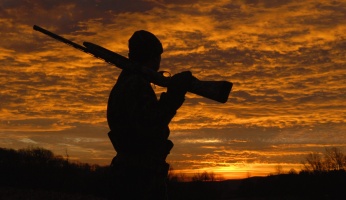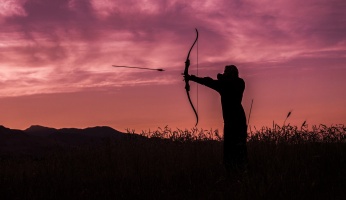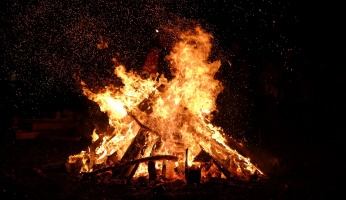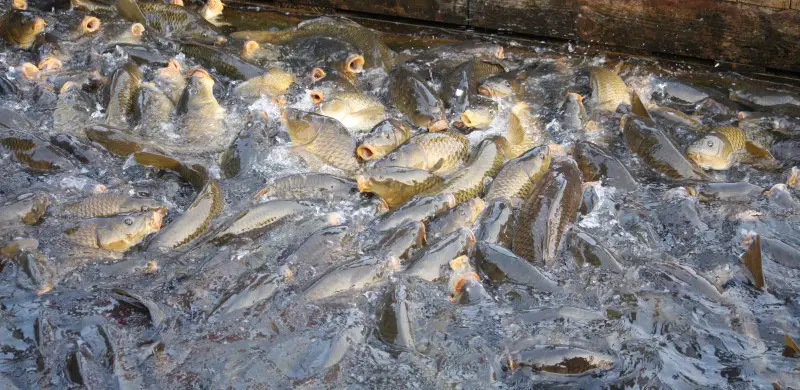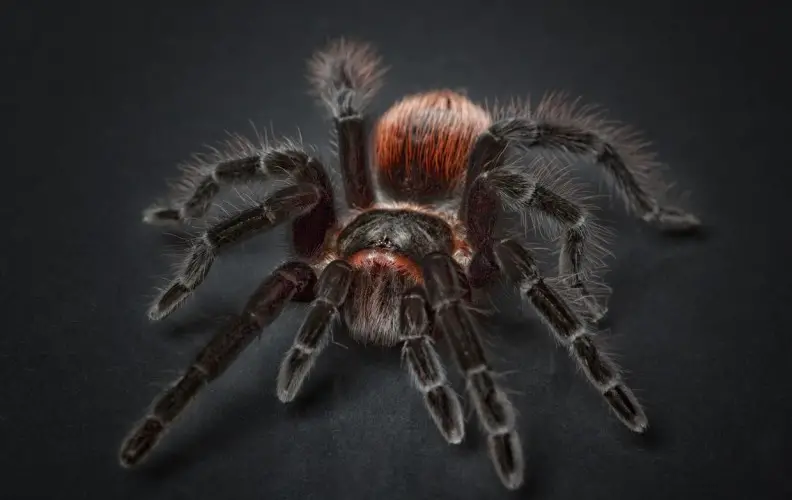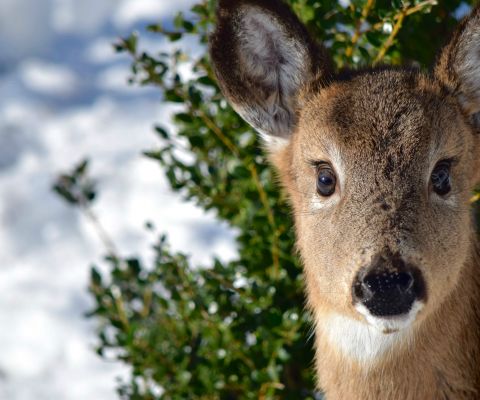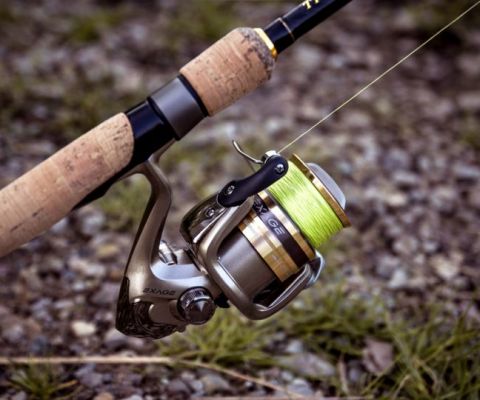5 Reasons Why Hunting is Conservation
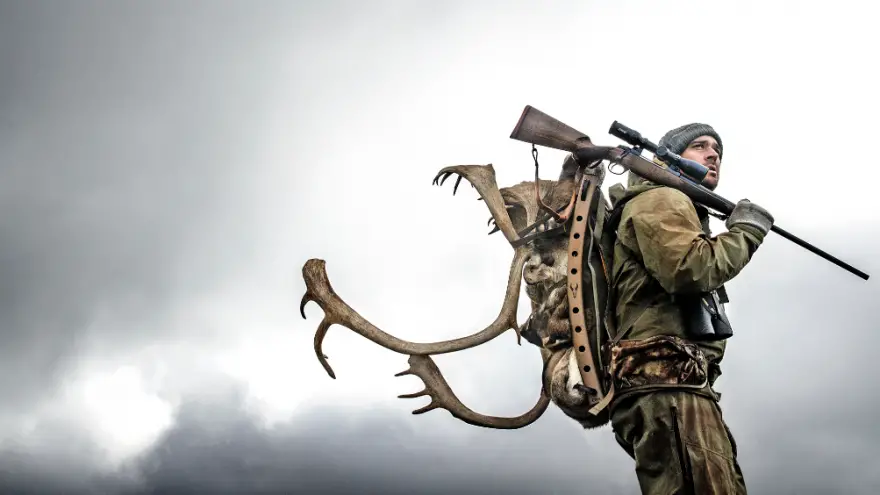 5 Reasons Why Hunting is Conservation
thegearhunt.com
5 Reasons Why Hunting is Conservation
thegearhunt.com
It beats commonsense when anyone declares that hunting is conservation. On the face of it, it appears like a ridiculous statement, but, it needs to be examined beyond the surface. A rational person can tell you that whatever you shot is not preserved but killed. This is a logical line of reasoning.
The related activities that hunters engage in as a result of their hunting vocation give rise to series of actions that could be identified as contributing to conservation efforts. This is the best route to take when making a case for the hunting angle to conservation.
Conservation is an umbrella term that includes some shades of meaning that has to be clarified. A complete understanding of why hunting is conservation will be gained when the subject of conservation is examined a bit closer.
Understanding conservation
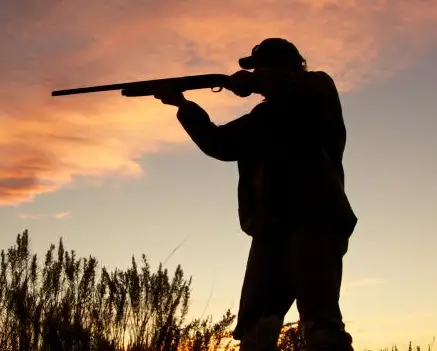
To conserve is to protect, guard and preserve. In reference to wildlife, a successful shot that takes down an animal would not in a sense fit this description. However, conservation is a broad term that also extends to the preservation and protection of biodiversity, natural resources, as well as the natural habitat of flora, fauna, and man.
If a set of species are endangered by an identified class of animals, then, hunting this set of predators becomes a move aimed at conservation. This is perhaps better defined when it is realized that a given set of species might hold a better attraction or have more value for mankind than others.
These are the other angles that need to be explored in looking at why hunting is conservation:
1. Species protection and replication
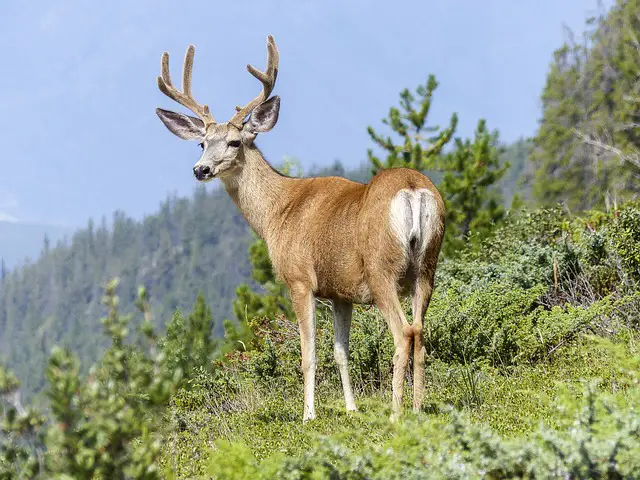
Hunting is a pastime and hobby for many people across America and the rest of the world. The commitment to specific payments at various times by hunters has provided huge resources for certain species to be protected and replicated. When the elf population was determined in 1907, North America only played host to 41,000 of this animal species. Hunters have invested money and put in some hard work down the years in a remarkable manner.
Their efforts have paid off through the preservation of the natural habitat of the elks and restoration efforts directed at the natural habitat of these herbivores. There are more than one million elks in North America based on 2016 head count.
2. Hunting limits species proliferation
Hunting plays an active role in limiting the proliferation of prey species that otherwise constitutes a nuisance to human activities or livelihood. The deer is regarded as a prolific breed that needs to be kept in check for human good. There are a number of natural predators that acted in times past to limit the deer population but this has turned the opposite direction in recent years. The natural predators have been decimated to a great extent and are largely extinct.
Through controlled hunting and regulated seasons across the country, the proliferation of the deer population is now checkmated on annual basis. As hunters target them, the big and prolific breeds are hunted while the younger breeds have time to grow before the next hunting season opens.
In like manner, Lyme disease is known to ravage human populations and it arises from deer and other animals. Since animals are the host for ticks, as they proliferate, they increase the chances of putting the human population in harm’s way.
3. Protecting flora
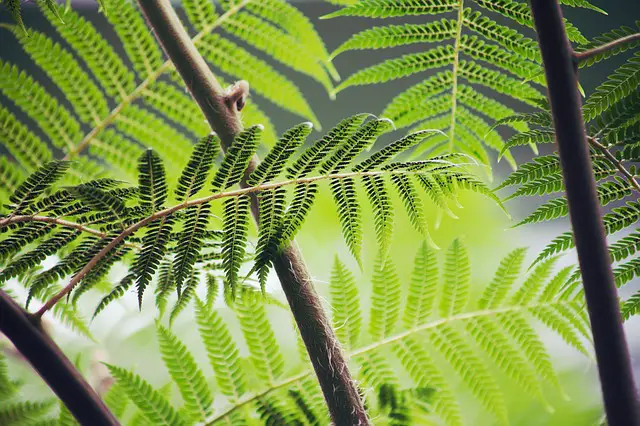
A larger chunk of the animal population feed on greens and herbs. As they proliferate and increase in numbers, they put the extensive vegetation under threat. The American conservation authorities describe the huge deer population in the American eastern flank as a climate threat. When the deer feed on the greenery, some plants are extricated and the flora equilibrium is disrupted. In an extension, species like the songbird who target certain flora are also victims when their greenery goes extinct. While some insects might look insignificant, their extinction can imperil the survival of other plant species.
The extinction of flowers, shrubs, and certain plants has deepened implications on human survival as the cycle of activities of species like butterflies are destroyed. This will negatively affect the habitat of animals and the natural equilibrium.
4. Hunting is conservation
Funding is accessed by the state when hunting is allowed across the country. There are tags that are sold to hunters each year when the hunting season opens. In addition, these fees are directed at large scale conservation efforts that target both flora and fauna. While a number of humanitarian organizations contribute to conservation efforts, a sizeable chunk is accessed from hunters across the North American region. Annual conservation efforts gulp up to $1.6 billion of hunters’ funds alone. The funds accessed here are for conservation efforts that mean a whole lot to human interests and survival.
There are efforts directed at growing certain plant species that will make the existence of animals possible, and at the same time provide a boost for ecosystem balance. The impact of healthy vegetation can be felt in the level of rainfall and re-energizing of water bodies. As rainfall is recorded, both human and animal existence is assured instead of getting imperiled.
5. Tax boost
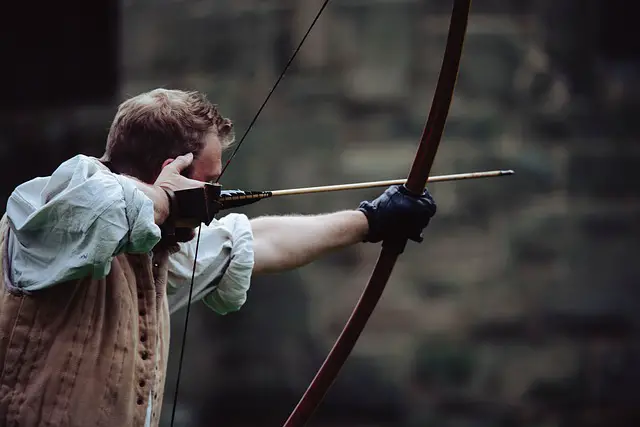
In our world, resources are finite, the demanding needs are infinite and man has to strike a balance to preserve his existence. Through the indirect effects of hunting, there is an annual generation of about $370 million in taxes to support conservation. Taxes on bows and arrows, ammunition and guns, are sizeable when aggregated across the country. The activities of hunters who have to replenish their stock of weapons on a periodic basis become a boost for tax collection.
A close consideration certainly shows that if hunting is not allowed, the cycle of activities that give rise to these funds will be severely limited. Funding shortfalls will mean that little or no resources will be available to carry out the range of activities that boost conservation efforts in the country. Hunting provides mankind with options that help to conserve the environment.





